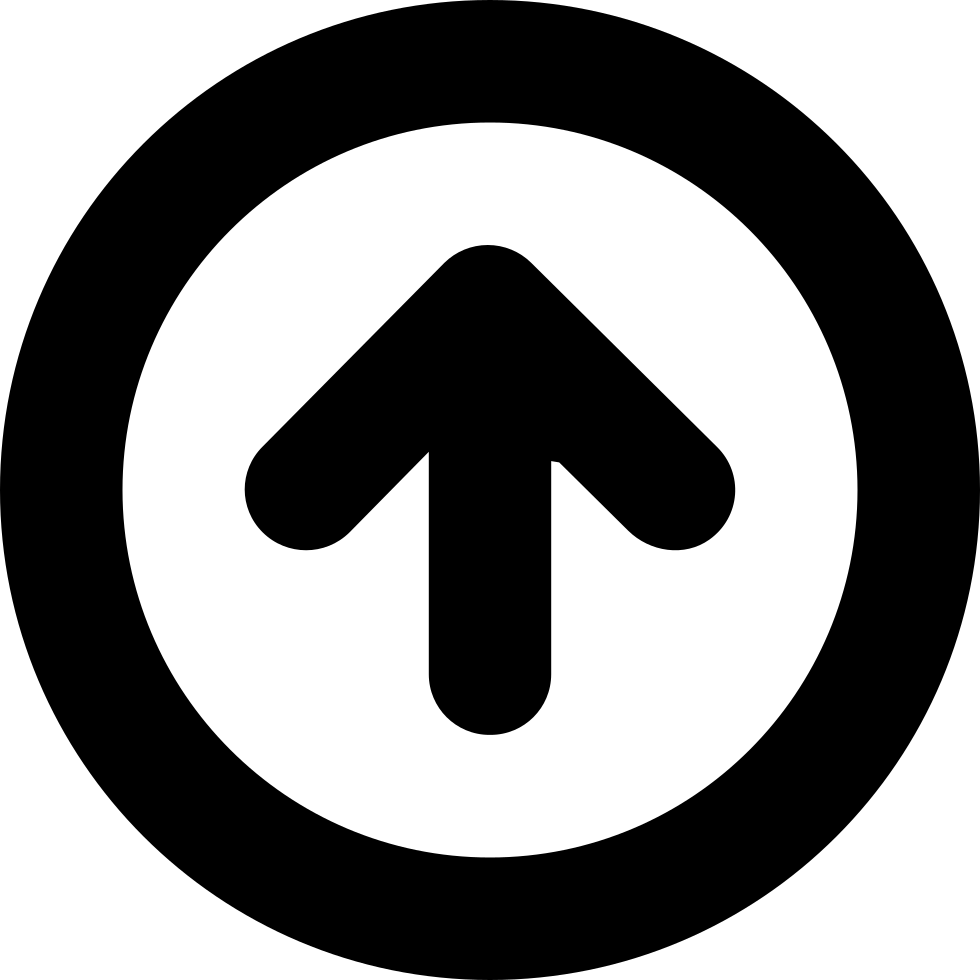
You might have noticed that you’re thinking about your body and weight more now that summer is approaching. I don’t know about you, but I’ve noticed that the targeted advertising for bathing suits modeled by skinny models is starting to clutter up a bit of my Instagram feed.
It’s difficult to resist feeling more judgmental of your body at this time of year because we are constantly being told that we need to be “bikini body” ready. You might have seen a rise in the practice of body checking after that.
What is Body Checking?
Body checking is checking your body through actions, thoughts, or discussions. It’s a technique to compare where your body is currently to where it “should” be.
Diet culture and our appearance-obsessed society have normalized body checking. Body checking is part of managing the world in your body and being in relationship to it.
Body checking might affect your body image and relationship with your body. Many individuals’ bodies check on autopilot. You can choose how to respond when you’re aware of body checking. It may lessen negative body image over time.
Body-Checking Behaviors
Body checking takes varied forms for every one of us. Typical deliberate or unintentional body checking practices include:
- Self-weighing. For example, weighing yourself every morning when it’s not medically essential.
- Looking in the mirror at particular body areas.
- Clothes-fitting. This can occur after putting on a garment just in the dryer or something you haven’t worn in a while.
- Asking, “Is this flattering?” about your shape or size.
- Comparing yourself to others. You might enter a room and compare your size to others’.
- Many of us body check on video calls since the pandemic. Seeing your reflection causes “Zoom fatigue.” According to a Stanford paper, constantly seeing your reflection can be unpleasant and lead to self-criticism.
What makes your body check?
Body checking isn’t about looking. External and emotional variables can contribute. We can’t disregard systemic and internalized fatphobia, regardless of someone’s experience. If we weren’t fatphobic, we wouldn’t need body checks, just as we don’t check our hair color or height.
Other reasons:
- Control. To preserve discipline and control over their bodies, people may body check.
- Reassurance or comfort. Other body checks to ensure they haven’t gotten bigger or to see if weight loss, body sculpting, etc. is working.
- Obligation. Medical practitioners have urged many people to lose weight, so they body check to comply and to protect their health.
Body checking and eating disorders
If stepping on the scale or passing a mirror makes you feel icky, you’re not alone. Data shows it. Research shows a relationship between body checking and eating problem pathology.
- Body checking may exacerbate eating disorders and body image dissatisfaction, according to several research.
- After body examination, subjects reported more unpleasant emotions than before.
- This disparity was even bigger for those with eating disorders.
Body checking practices may be both signs and contributors to an eating disorder’s growth. Body checking helps many eating disorder sufferers feel comfortable and in control. It rarely helps. this Negative body image may motivate dieting, restriction, or other disordered behaviors to “make up” for perceived faults or seek control over body form or size.
This is usual among many of my clients at any recovery stage. Body checking can be a trigger even after healing one’s connection with food and body. After stepping on the scale or seeing a photo they don’t like, it’s typical for someone to limit or overexercise again.
How to reduce body checking?
- If you want to understand why you body check, journal objectively. How long ago did you start body checking? What exactly are you inspecting? What more are you seeking in that behavior? When do you anticipate doing a body check? How can body checking help you feel about your body? How does it affect your perception of your body?
- Keep an eye out for body checks. Name the current situation. Engage in some light mindfulness here and now. Check your body quickly. Take note of your physical sensations.
- When you know what triggers your body checking, you can make tiny changes to lessen or eliminate it. This could mean avoiding clothing that pinches your waist, hiding your self-view on Zoom, changing your mirror, and storing your scale. Small changes to things and routines that trigger you to body check can reduce body checking and negative body image thoughts.
If this blog post on body checking was beneficial to you and you feel like you would benefit from further specialized body image support contact me right away to experience the change in your outlook and health.

